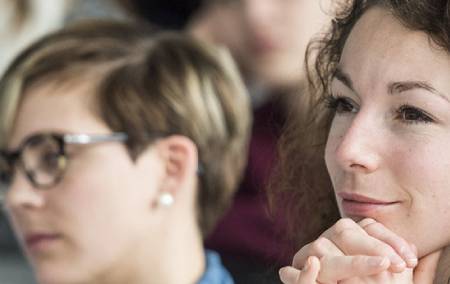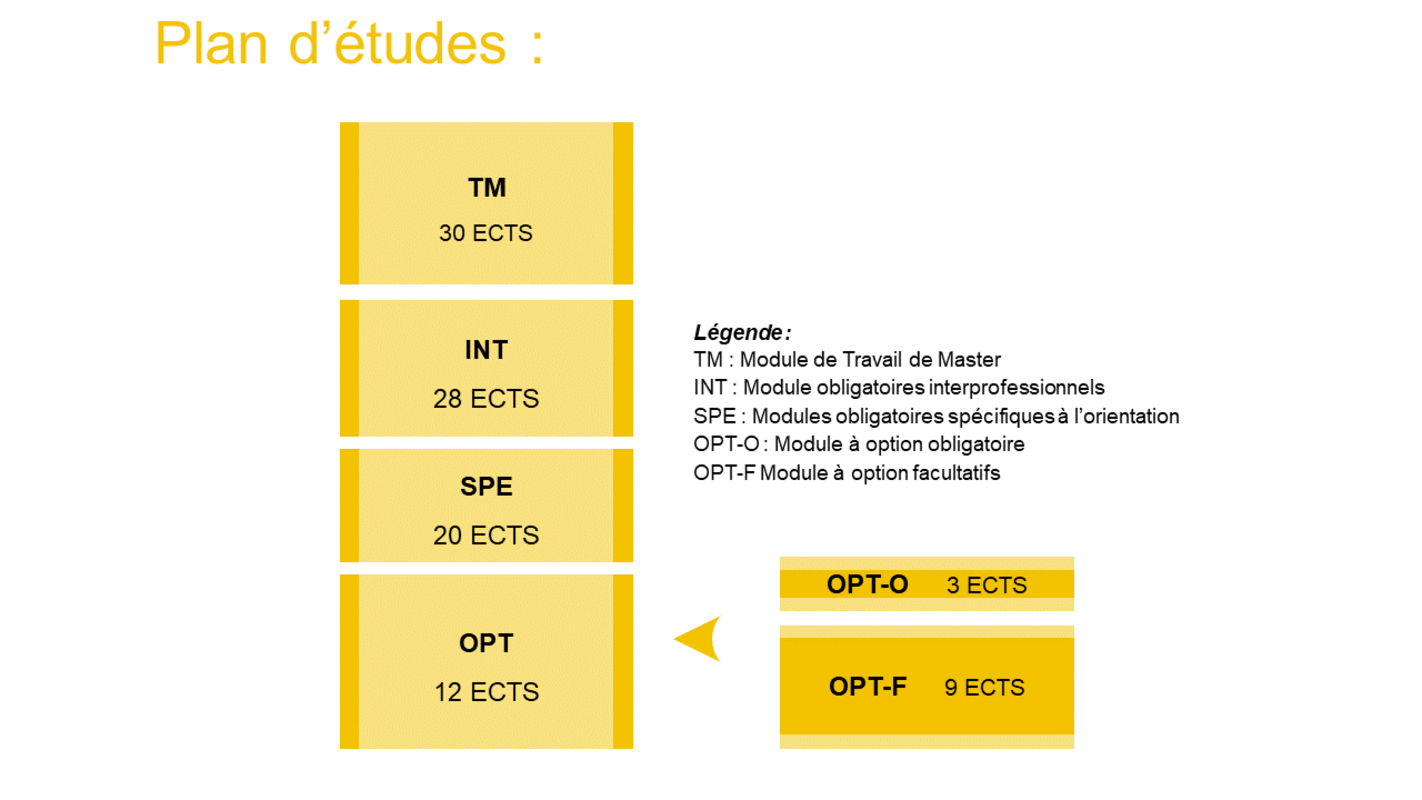A Master’s degree in collaboration with the University of Lausanne (UNIL) for professionals from different fields, helping to improve the quality of care with five Majors:
- Occupational therapy
- Physiotherapy
- Nutrition and Dietetics
- Midwifery
- Radiological Medical Imaging Technology
It is aimed at holders of a Bachelor’s degree working in one of these five fields.
The programme at a glance
-
Degree awarded
Joint Master of Science HES-SO - UNIL in Health Sciences
-
Admission requirements
Applicants are subject to an admissions procedure.
-
Application
From December 1 to April 30 and from December 1 to February 15 for candidates requiring a visa. More information here >>
-
Location
Lausanne and Geneva
-
Start
Mid-September
Full time: classes on Wednesdays, Thursdays and Fridays
Part time: classes two days a week -
Type
Full time or part time
-
Duration
3 semesters full time or a minimum of 5 semesters part time (maximum 6 semesters)
-
ECTS credits
90
-
Language
French and English
level C1 in French and B2 in English recommended -
Fees
For Swiss students (as defined by AHES, this refers to students of Swiss nationality or those fiscally domiciled in Switzerland), a semester costs CHF 950, which includes:
CHF 700: tuition fee
CHF 250: contribution to study costs for certain servicesApplication fee to be paid upon submission of the application: CHF 150
For foreign students (those considered foreign under the AHES agreement are individuals of foreign nationality who do not have their fiscal domicile in Switzerland at the time of enrollment), a semester costs CHF 1'300, which includes:
CHF 1'050: tuition fee
CHF 250: contribution to study costs for certain servicesApplication fee to be paid upon submission of the application: CHF 150




